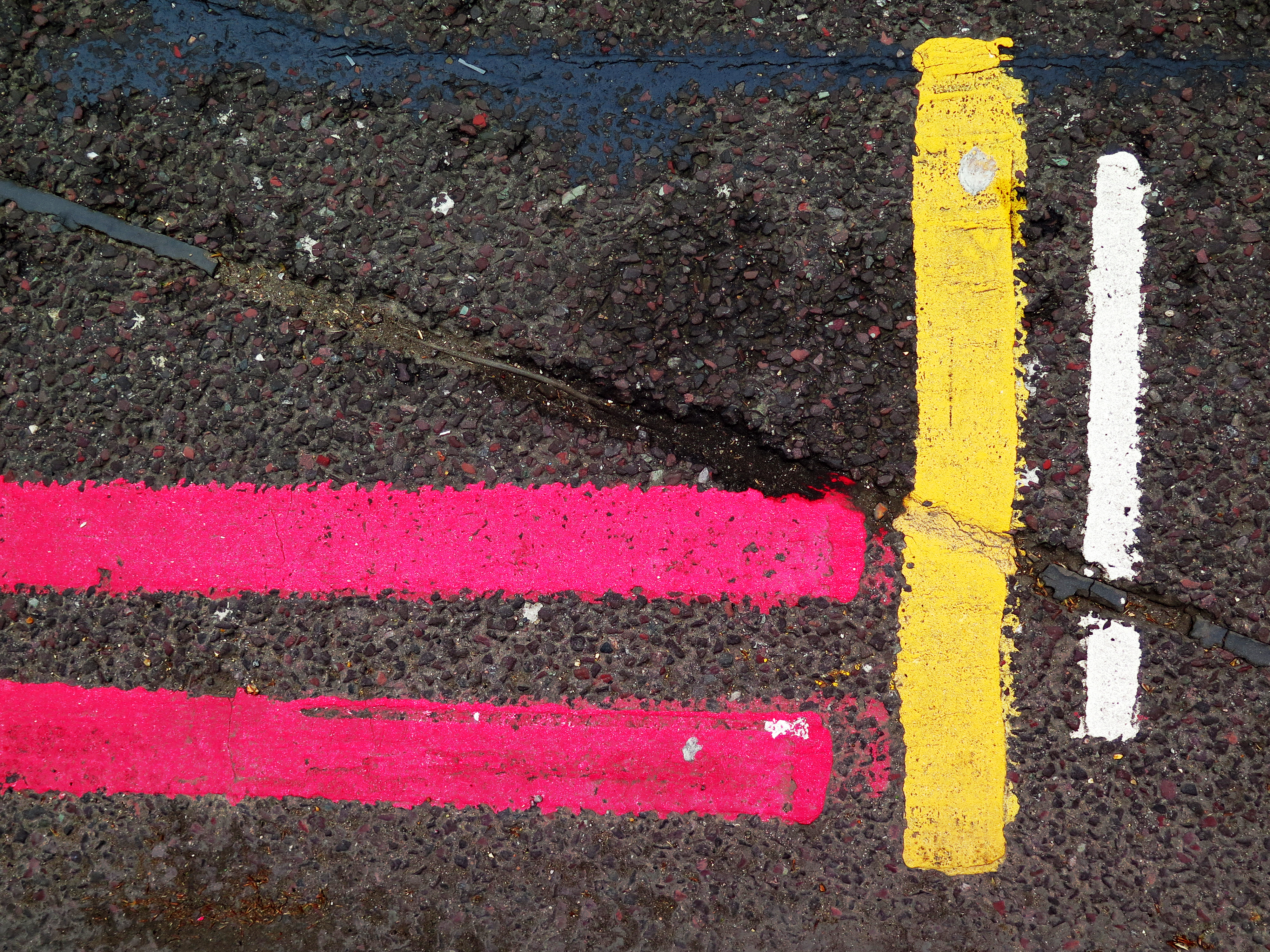Drivers may even get into legal trouble if they don’t inform the DVLA or seven major updates on their driving record.
Chris Richards, a motoring expert from SimplyQuote, said severe penalties and points can be added to your license if you don’t follow these steps.
For one, Brits need to keep the Driver and Vehicle Licensing Agency (DVLA) up to date on who the registered vehicle keeper is.
Other key information includes common medical conditions and changes to your address or name.
And if you’re involved in an accident but don’t report the right info, you could face prosecution.
If motorists fail to keep the DVLA informed, they could end up paying £1,000 or receiving six points on their license.
Drivers also need to update their insurance provider if they’re in an accident.
If not their insurance policies might be rendered invalid, which could lead to a hefty fallout.
Although some of the updates, like address and name, may seem minor – they could save you a lot of trouble and money.
You’d also need to tell the DVLA of any changes to your vision – for example, if you’re suffering from visual impairments such as cataracts.
There’s actually a list of over 110 medical conditions that can affect driving abilities and which you’d need to flag to the agency.
Some of the most common ones include diabetes, vertigo, and sleep apnoea.
Significant changes to your car also need to be flagged – for example, modifications to the colour, exhaust system or number plate.
If you’re looking out for other rules to obey on the road – watch out for the red-painted lines.
Parking on them can be a no-no and you could end up with a hefty fine.
Red lines are used on roads that are busy and often on bus lanes.
Roads with them are known as red routes and often have signs explaining “No stopping at any time” or “No stopping”.
Double red lines have no stopping at any time and there are no exceptions, apart from taxis and blue badge holders.
The no-stopping rule applies 24 hours a day and 365 days a year, even if the roads are quiet.
It’s essential that you check the signage near single lines which explains when you are allowed to park, or you could fall on the wrong side of the rules.


